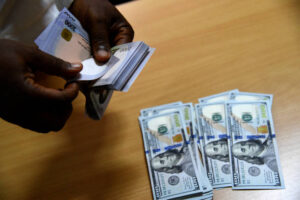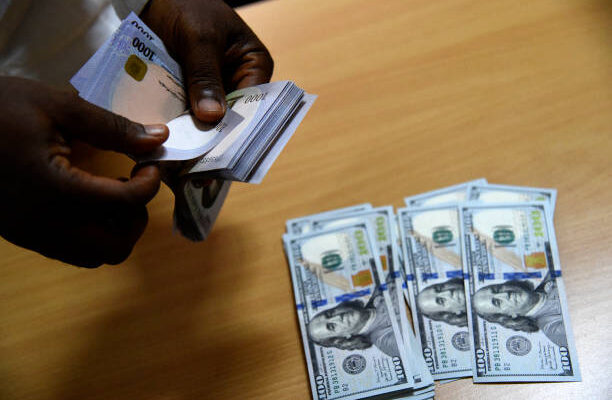
Nigeria’s troubles with low crude oil output and a dip in foreign investor activity in the capital market have resulted in a drop in its external reserves, which declined by around $2.8 billion in the first six months (H1) of 2023, according to statistics received from the Central Bank of Nigeria (CBN).
External reserves began the year at around $37 billion but have already fallen to around $34.1 billion as of June 2023. Since the Tinubu administration took office, the foreign reserve has increased from $35 billion on May 30th to $34.1 billion, owing to the unification of the Naira and the implementation of a controlled exchange rate float.
A brief examination of the statistics reveals that this is the largest half-year loss since 2015 when external reserves fell from $34.4 billion at the end of the year to $28.1 billion by the end of the first six months of the year.
Since this year, the country’s external reserves have been declining due to a lack of foreign investor inflows, decreasing crude oil production, and a fragmented FX market. Typically, the external reserve is funded through a combination of crude oil proceeds, external borrowing, and foreign investor inflows.
The CBN blamed the drop in reserves on a lack of external debt funding, and with Nigeria unlikely to join the international debt market this year due to increasing global interest rates, particularly for emerging market Eurobonds, fears have subsequently grown.
The apex bank expressed concern about the lower external rate at its most recent MPC meeting, stating that a build-up is required.
“The MPC observed that the economy was still burdened by high import bills, putting pressure on foreign exchange and resulting in an increase in the general price level.” The Committee stated that the economy needs to increase its stock of foreign reserves to function as a cushion against shocks.
Furthermore, the current trend in price development would be closely monitored by the bank, with increased engagement with the fiscal authorities, to address the sources of inflation,” it stated.
The CBN also blamed the decrease on currency transfers. “The Committee also noted the moderate decline in the level of gross external reserves to US$34.91 billion in April 2023, from US$35.14 billion at the end of March 2023, owing to transactions in the foreign exchange market and largely to minuscule accretion to reserves from crude oil exports,” it said.
The current adjustments in the forex market have yet to result in a flood of foreign investor capital, as investors remain concerned about growing inflation and the need for interest rates to rise.
Vice Chairman of Highcap Securities, David Adonri, told the Daily Sun over the weekend that this was no surprise given the high expense of governance over the last six months.
“We had a 400 billion budget allocation to the 2023 elections and another figure, I think almost N2 billion was earmarked for the Census exercise which was supposed to take place in April, but was later suspended. We have not even talked about the expenses associated with the printing of the new Naira notes which I am still yet to see in banks, ATMs or PoS teller machines. All these caused a huge strain on the reserves and so it is expected that the reserves will drop”, Adonri explained.
He did, however, urge the FG to guarantee that its macroeconomic policies result in actual improvements to the economy’s fundamentals and the market itself.

Comments